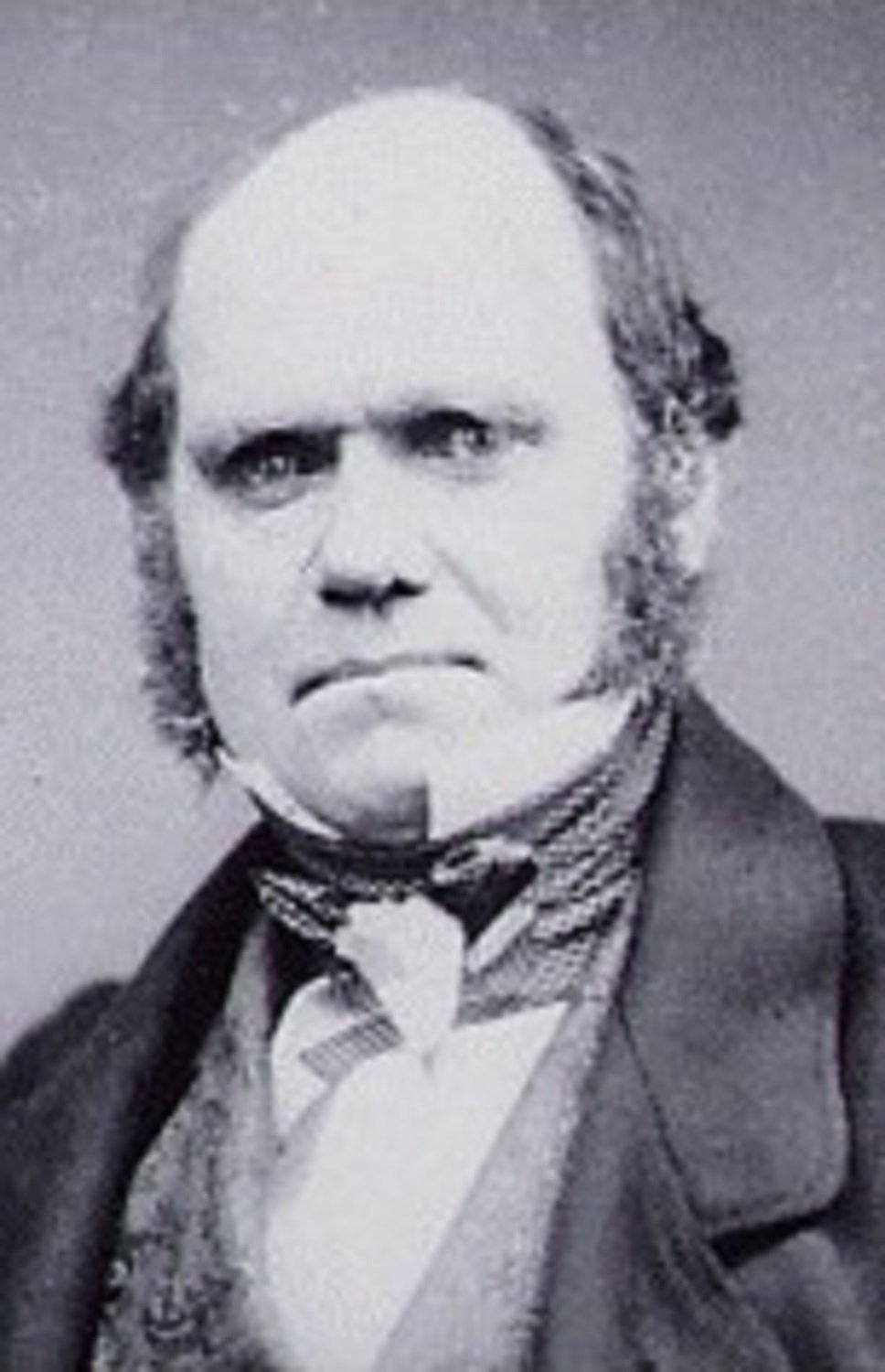C O N T E N T SSee alsoBiographic Information
Charles Robert Darwin (12 February 1809 – 19 April 1882) was a British naturalist who achieved lasting fame by convincing the scientific community of the occurrence of evolution and proposing the theory that this could be explained through natural and sexual selection. This theory is now considered the central explanatory paradigm in biology. He developed an interest in natural history while studying first medicine, then theology, at university. Darwin's five-year voyage on the Beagle and subsequent writings brought him eminence as a geologist and fame as a popular author. His biological observations led him to study the transmutation of species and, in 1838, develop his theory of natural selection. Fully aware that others had been severely punished for such "heretical" ideas, he only confided in his closest friends and continued his research to meet anticipated objections. However, in 1858 the information that Alfred Russel Wallace had developed a similar theory forced early joint publication of the theory. His 1859 book On the Origin of Species by Means of Natural Selection, or The Preservation of Favoured Races in the Struggle for Life (usually abbreviated to The Origin of Species) established evolution by common descent as the dominant scientific explanation of diversification in nature. He was made a Fellow of the Royal Society, continued his research, and wrote a series of books on plants and animals, including humankind, notably The Descent of Man, and The Expression of the Emotions in Man and Animals. In recognition of Darwin's pre-eminence, he was buried in Westminster Abbey, close to John Herschel and Isaac Newton. LegacyCharles Darwin's theory that evolution occurred through natural selection changed the thinking of countless fields of study from biology to anthropology. His work established that "evolution" had occurred: not necessarily that it was by natural or sexual selection (this particular recognition would not become fully standard until the rediscovery of Gregor Mendel's work in the early 20th century and the creation of the modern synthesis). Others before him had outlined the idea of natural selection: in his lifetime Darwin acknowledged the earlier writings of William Charles Wells and Patrick Matthew which he (and practically all other naturalists) had been unaware of when publishing his theory. However, it is clear that Darwin was the first to develop and publish a scientific theory of natural selection, and that the alleged predecessors did not contribute to the development or success of natural selection as a theory in science. Darwin's work was extremely controversial at the time he published it and many during his time did not take it seriously. Evolution by natural selection proved to be a significant blow to notions of divine creation and intelligent design prevalent in 19th-century science, specifically overturning the Creation biology doctrine of "Created kinds". The idea that there was no line to be drawn between human beings and animals would forever make Darwin a symbol of iconoclasm who removed humanity's privileged place in the universe. To some of his detractors, Darwin would be "the monkey man", often depicted as part ape. Links |

